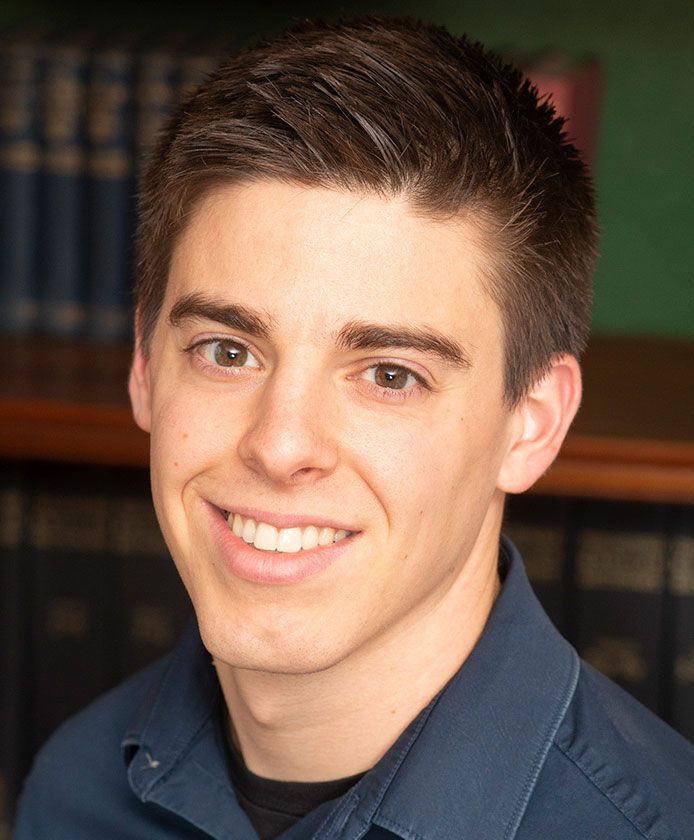A professional master’s in Energy Systems Engineering gave David Reino ’16 ’17 M.Eng. the technical knowledge, leadership skills, and industry connections to land a job at a major utility—months before graduation
There are things that people count on: The sun sets in the west, spring follows winter, and when you flip a switch, the lights go on.
Americans have long since come to expect continuity from the energy companies that light and heat our homes and power our workplaces—and few of us spend time thinking about how utilities make it happen. That’s David Reino’s job.
Reino works as an engineer with PECO in South Philadelphia, and to hear him describe it, there’s never a dull moment in providing electricity to a city of nearly 1.6 million people. A graduate of Lehigh University’s Energy Systems Engineering (ESE) professional master’s program, Reino says his education drove home the ethos of how important that service is.
“As I was taught at Lehigh, no matter what, customers can’t live with the power being off,” he says. “It’s fulfilling and, at the same time, somewhat astounding, how much work goes into just keeping the lights on.”
The ESE program is a 10-month, 30-credit, industry-focused track in the P.C. Rossin College of Engineering and Applied Science that trains students to understand power generation, the grid that translates and distributes power, and the overall economic and environmental impact of energy use.
Reino earned his bachelor’s degree in mechanical engineering from Lehigh in May 2016 and began the professional master’s (M.Eng.) program in July of that year. That December, he got the PECO job offer and started with the company about a month after graduating in May 2017.
“ESE helped me get a foot in the door,” he says, “and everything I learned over those intense 10 months gave me a huge competitive advantage in looking for jobs. The professors have a lot of industry connections and gave us terrific opportunities for networking. I definitely don’t think I’d be where I am today without it.”
Working for PECO, Reino has a front-row seat to the constant challenges utilities face, be it a water main break near power lines, aging electrical circuits, or growing demands for increasing capacity. It’s those challenges, Reino says, that keep his work varied and interesting.
“I’m a point person for the different groups, heading projects to make them go smoothly,” he says. “I help design the job and make sure it’s safe to work, which are the engineering aspects of the role. But then I’m also using my organizational skills, working with the scheduling and the city and the crews.”
In juggling all those tasks, Reino draws on lessons he learned from adjunct professor Dr. Andrew Coleman ’90, who teaches an ESE course on project management. Coleman, a government leader at the Electric Power Research Institute, formerly managed environmental projects for power companies. Coleman’s class taught Reino how to work with people from all sorts of fields and get the most out of those with different agendas.
“At the end of the day, your name is on this project,” Reino says. “So, if you want it to get done the right way, it’s predicated on all these other people. You need to find those soft skills to direct them, to push them to complete the work and do it in the best possible way.”
—Margie Peterson is a freelance contributor for the P.C. Rossin College of Engineering and Applied Science

